Have you ever wondered why your cat seems to trust you more when you stick to the same daily habits, rather than when you smother them in cuddles? It might surprise you, but for most cats, routine is the golden key to their heart. While many of us crave snuggles and head bumps, cats have their own unique ways of showing and building trust—often through predictability and consistency rather than affection. If you’ve ever felt a bit rejected when your cat wriggled out of your arms, you’re definitely not alone. Let’s unravel the mysterious world of feline trust and discover why your cat’s love language might just be a well-timed dinner rather than a cozy hug.
Cats Are Creatures of Habit

Cats thrive on consistency. Their wild ancestors survived by knowing what to expect from their environment, and this trait has been passed down to our domestic companions. When you feed your cat at the same time every day, or keep their litter box in the same spot, you’re reinforcing a sense of safety. Sudden changes, like moving furniture or altering feeding times, can actually trigger stress in cats. Unlike dogs, who might embrace change with wagging tails, cats are more likely to view disruptions as threats. For them, routine is like a gentle lullaby that tells them everything is okay. You might notice your cat gets anxious or hides when something is different—this is just their way of coping with the unexpected. In their world, predictability equals trust.
Affection Can Be Overwhelming

It’s tempting to scoop your cat up or shower them with kisses, but for many felines, too much affection feels overwhelming. Cats are independent by nature and value their personal space. Imagine someone hugging you tightly when you just want to relax alone—your cat feels the same way sometimes. While some cats enjoy cuddles, many prefer affection on their own terms. Too much physical closeness can cause stress, making them withdraw rather than bond. By focusing on routine, you show respect for their boundaries. This helps your cat feel safe and understood, laying the groundwork for real trust.
Predictable Routines Reduce Anxiety
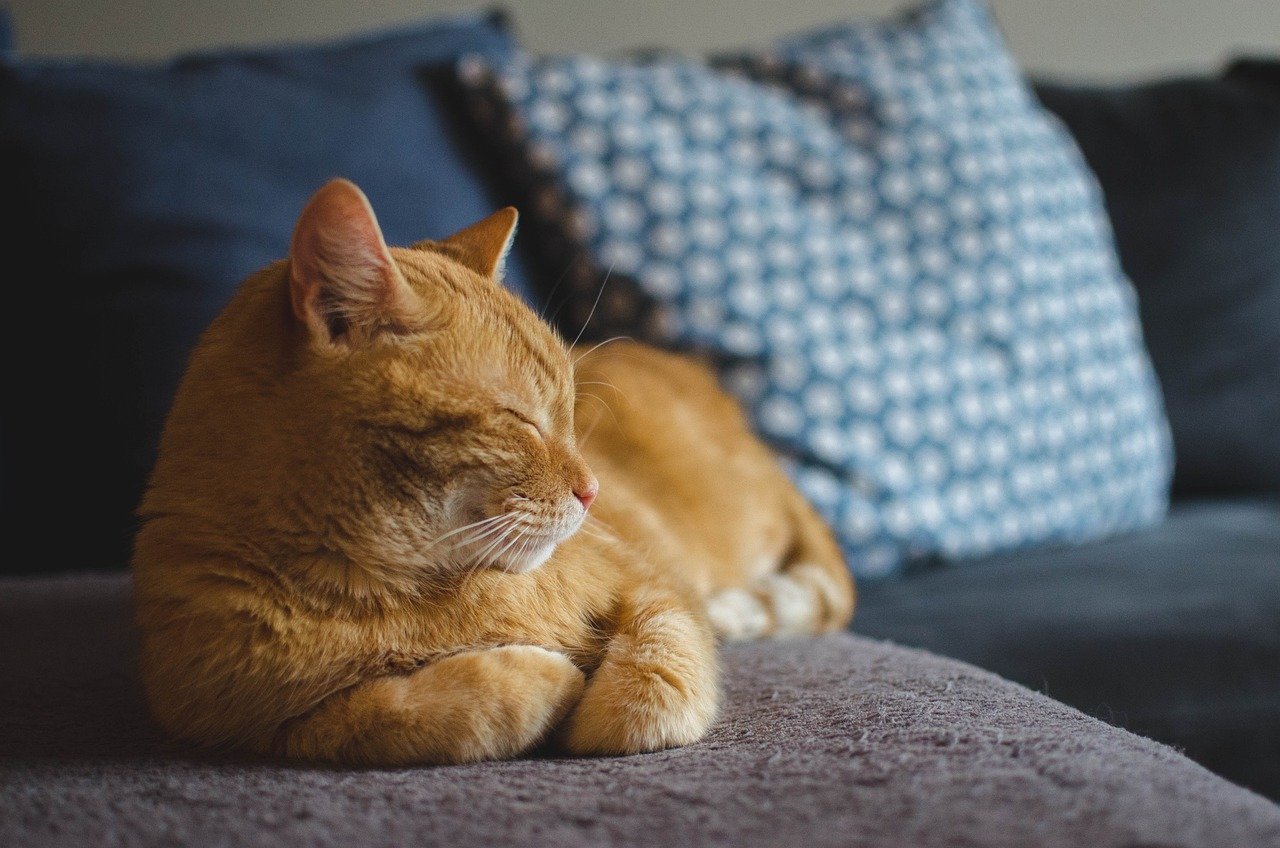
Cats are sensitive souls. Even minor changes in their daily life can create anxiety. A regular schedule for feeding, playtime, and cleaning their litter box gives your cat a sense of control. Knowing what will happen and when allows your cat to relax. For example, if you always play with your cat after work, they start to anticipate this special time. This reduces their stress and makes them associate you with positive, calming experiences. Over time, your cat starts to see you not just as a food provider, but as a reliable, safe companion. This sense of security is the bedrock of feline trust.
Routine Builds a Sense of Territory

Cats are territorial animals. They like to mark their domain and feel proud of their space. When you stick to routines, like cleaning their bedding regularly or arranging their toys in the same spot, you help reinforce their sense of ownership. This makes your cat feel more confident and secure in their environment. If you suddenly introduce new objects or move things around, your cat may become nervous or even act out. By respecting their need for routine, you’re telling your cat, “This is your safe space.” They quickly learn to trust you as the keeper of their territory.
Consistency Means Reliability

Cats are quick to notice patterns. If you consistently respond to their needs—feeding them, playing with them, or just being present—they learn to rely on you. This reliability is crucial for trust. If you’re inconsistent, your cat may become confused or anxious, unsure of what to expect. Think of it like a friendship: if someone always shows up when they say they will, you’re more likely to trust them. Your cat feels the same way about you. Over time, your predictable actions become a silent promise, and trust blooms quietly, without the need for grand gestures.
Affection Can Be Misunderstood
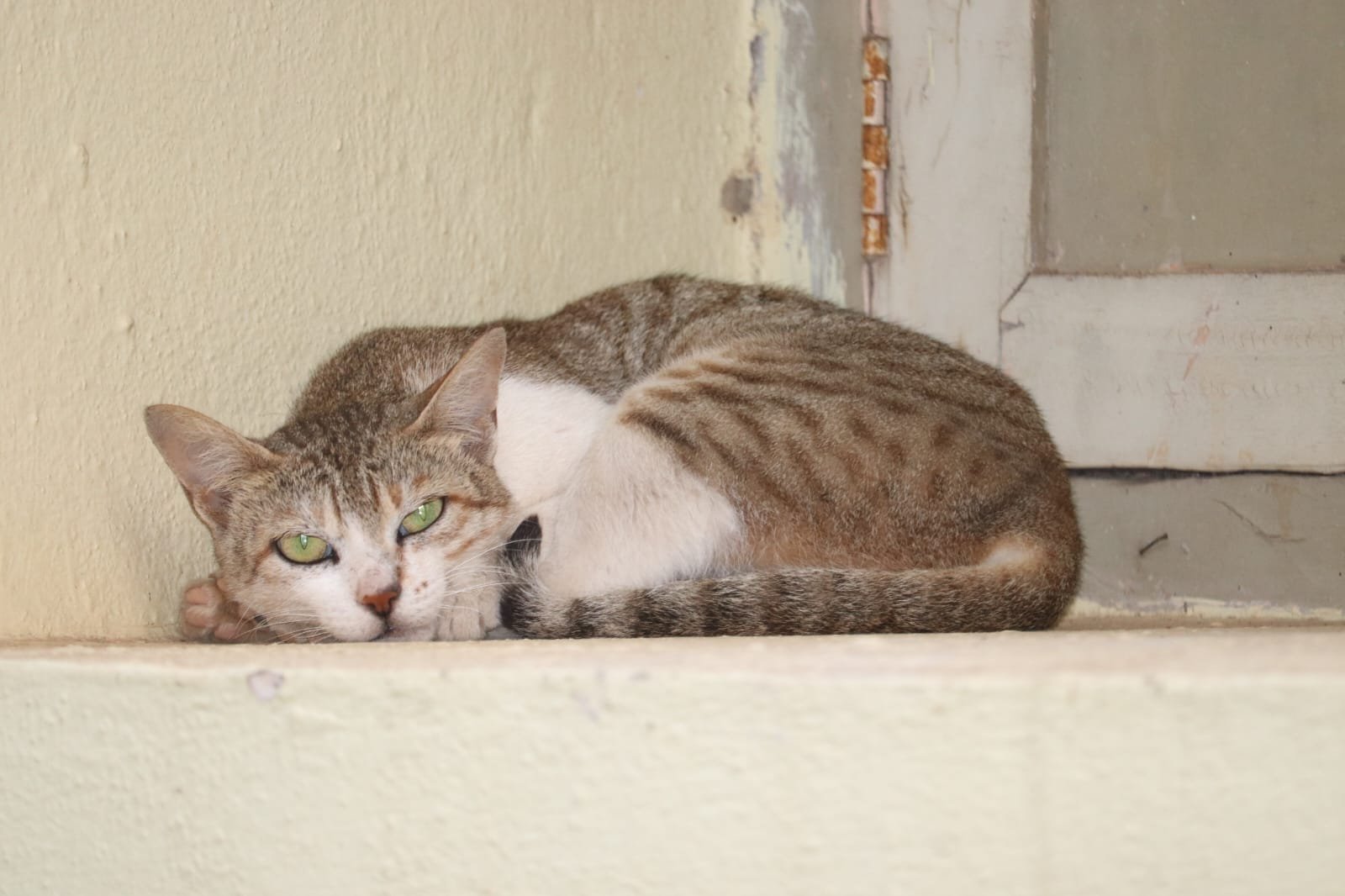
While many cat owners want to express love through hugs and kisses, cats may misinterpret these gestures. In feline body language, direct staring or looming over them can feel threatening. Even petting in the wrong spot, like the belly, can trigger defensive reactions. Instead of feeling loved, your cat might feel trapped or misunderstood. It’s important to remember that affection, in the human sense, doesn’t always translate well to cats. Trust, for them, is built through gentle, consistent actions rather than overt displays of affection.
Routine Supports Physical Health

A regular routine is crucial for your cat’s physical health. Feeding your cat at set times helps regulate their metabolism and digestion. Scheduled playtime ensures they get enough exercise, which is important for maintaining a healthy weight. Even regular grooming and vet check-ups become less stressful when they’re part of a predictable routine. When your cat feels physically well, they’re more likely to trust you and feel comfortable in their home. Health and trust go hand in hand—when you take care of their bodies, you nurture their minds as well.
Trust Is Built Over Time
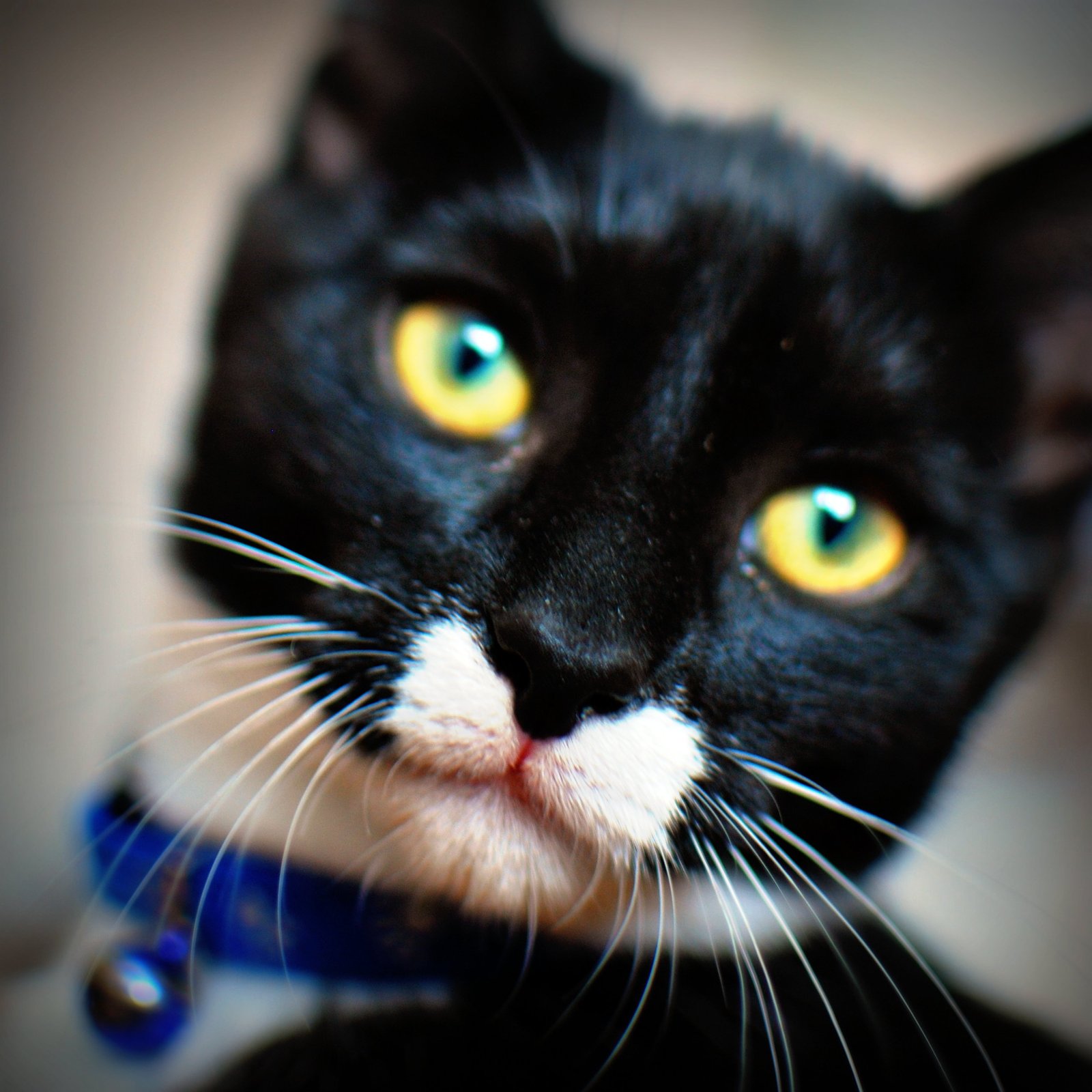
Building trust with a cat isn’t an overnight process. It’s like planting a seed and patiently waiting for it to grow. Each day you stick to the same routine, your cat becomes more comfortable and confident in your presence. They learn that you’re not a threat, but a reliable friend. Even if your cat seems aloof at first, don’t be discouraged. Every meal served on time, every gentle interaction, is a tiny brick in the foundation of trust. Before you know it, your cat will start seeking you out—on their own terms, of course.
Routine Encourages Positive Associations
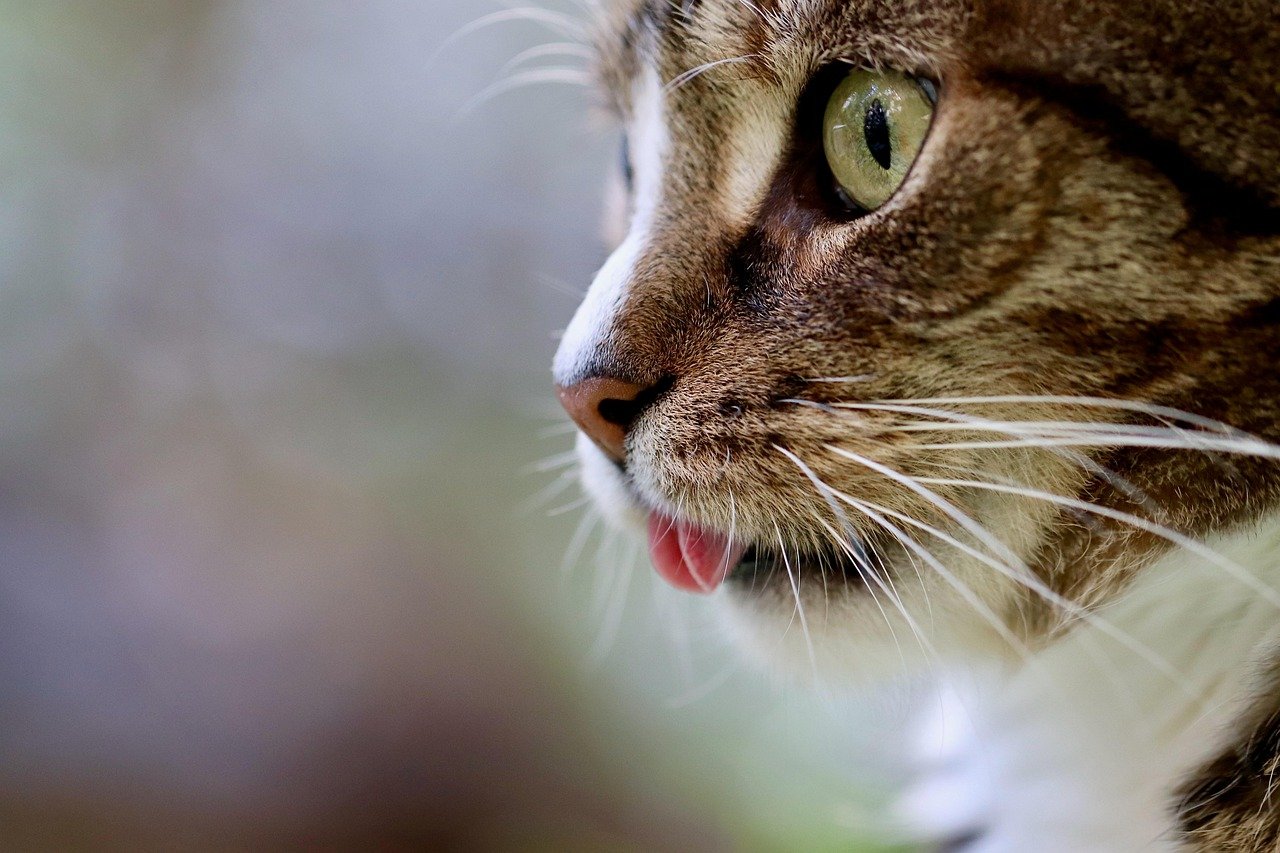
When you follow a routine, you create positive associations in your cat’s mind. If you always give treats after a certain activity, your cat will look forward to it and connect you with good things. Even simple acts, like cleaning their litter box at the same time each day, become comforting rituals. These positive experiences add up, making your cat feel content and safe. Over time, your cat comes to see you as a source of security and happiness, strengthening the bond between you.
Affection Varies by Cat Personality
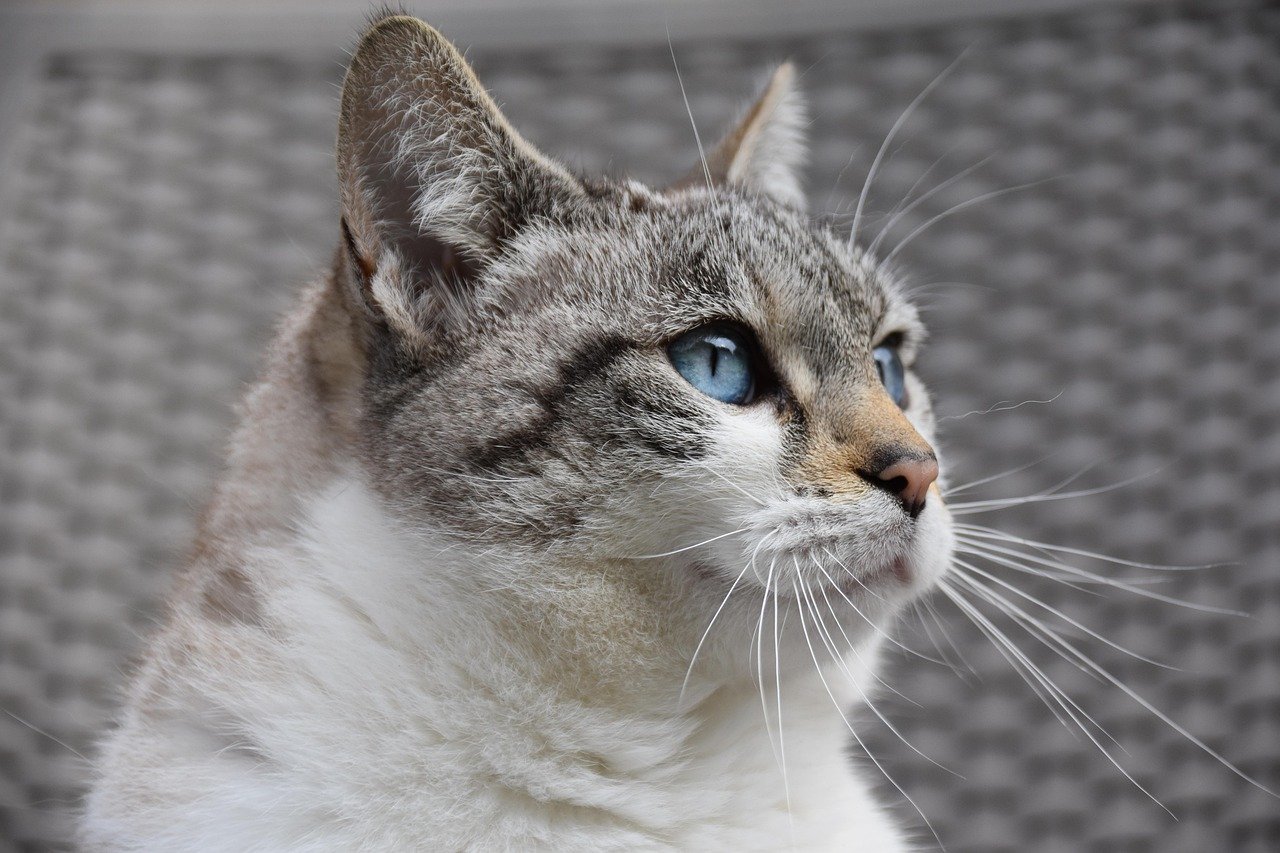
Not all cats are the same. Some are natural cuddlers, while others prefer to keep their distance. Trying to force affection on a shy or independent cat can actually damage trust. Instead, observe your cat’s individual preferences and respect their boundaries. Routine is a universal language that all cats understand, no matter their personality. By adapting your interactions to suit your cat’s unique quirks, you build a stronger, more trusting relationship.
Routine Makes Cats Feel Valued

When you stick to a routine, you’re showing your cat that you prioritize their needs. This makes them feel valued and respected. Imagine if your boss paid you at random times, or your meals were unpredictable—you’d feel anxious too. For cats, knowing that their needs will be met consistently is incredibly reassuring. It’s a simple but powerful way to show love and care, even if it doesn’t involve snuggling on the couch.
Predictable Environments Prevent Behavioral Issues
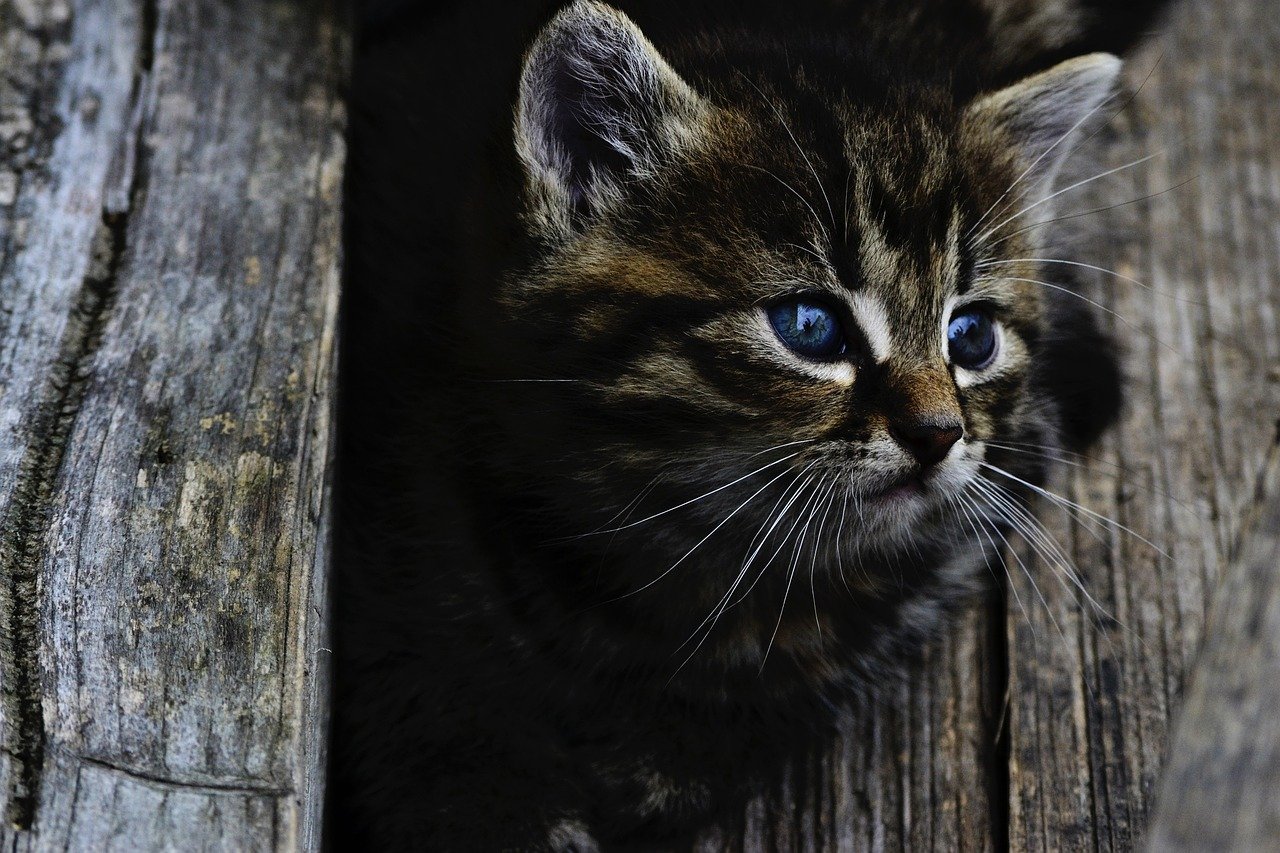
A lack of routine can lead to behavioral problems in cats. Sudden changes or inconsistency may cause them to act out—scratching furniture, refusing to use the litter box, or becoming aggressive. By maintaining a predictable environment, you minimize these risks. Cats who feel safe and secure are less likely to develop unwanted behaviors. Routine is a gentle guide, helping your cat navigate the world without fear or confusion.
Routine Fosters Independence

Cats are known for their independent spirit. Routines allow them to feel in control of their world. When they know what to expect, they can make their own choices about when to eat, play, or rest. This autonomy is important for their mental well-being. By providing structure without smothering them with attention, you strike the perfect balance between support and independence. Your cat learns to trust you, not because you’re always there, but because you respect their need for space.
Consistency Eases Multi-Pet Stress
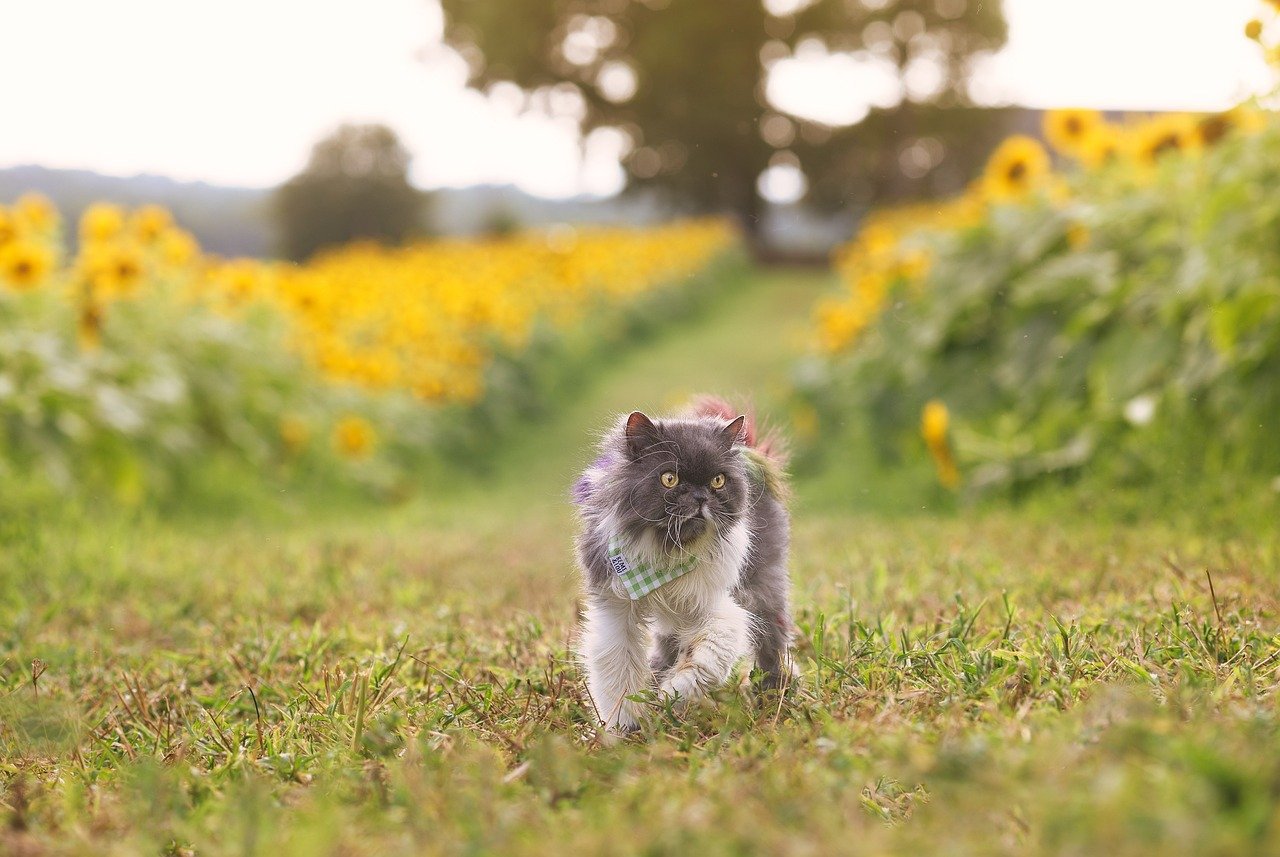
If you have more than one cat, or other pets in your home, routine becomes even more important. Multiple animals can create tension and competition. A predictable schedule helps reduce stress and prevent jealousy. Each cat knows when it’s their turn for food, play, or quiet time. This sense of fairness builds trust not only between you and each cat, but also among the pets themselves. Harmony in a multi-pet household starts with routine.
Routine Builds Communication

Cats communicate in subtle ways. When you follow a routine, you start to understand their signals and needs better. For example, your cat might wait by the door at feeding time, or bring you a toy when it’s time to play. These daily rituals become a shared language between you and your cat. The more you pay attention to their cues, the stronger your bond becomes. Routine is the foundation for this unspoken conversation.
Affection Is Often Conditional

Many cats show affection only when they feel comfortable and secure. This means that routine, which creates a safe environment, is often a prerequisite for affection. If your cat rubs against your leg or curls up next to you, it’s usually because they trust you. Without routine, your cat may remain distant or wary. Affection, when it does come, is a sign that you’ve earned their trust through patience and consistency.
Routine Helps With Aging and Health Changes

As cats get older, they become even more reliant on routine. Aging cats may have health issues that make them anxious or confused. A familiar routine helps them feel grounded and secure. Regular check-ups, medication, and gentle care are easier to manage when they’re part of a predictable schedule. Older cats, in particular, show their gratitude through quiet trust rather than overt affection.
Routine Encourages Gentle Socialization
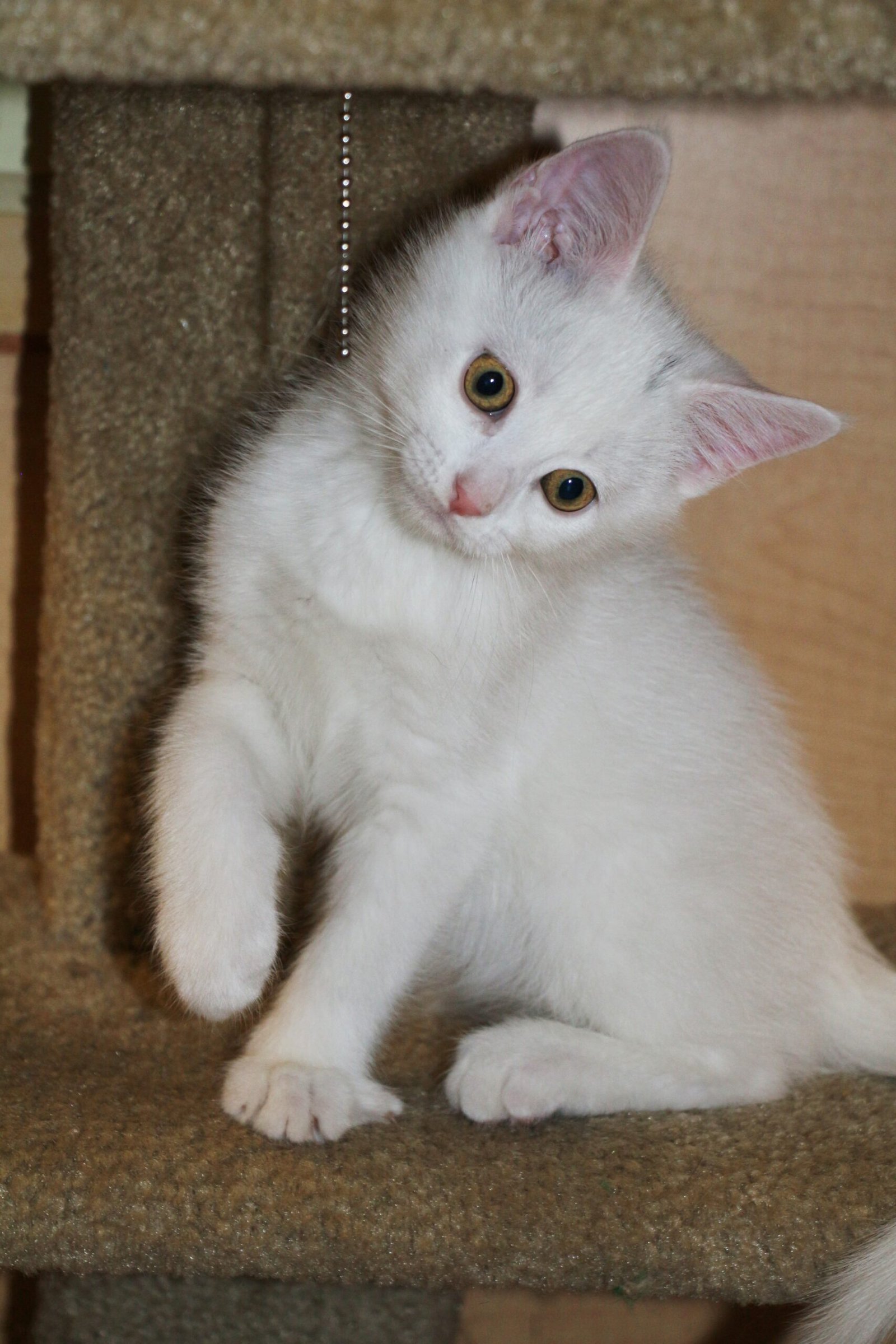
For kittens or newly adopted cats, routine is essential for socialization. New environments can be scary, and too much affection too soon may backfire. By introducing new experiences gradually and consistently, you help your cat build confidence. Over time, they’ll start to approach you willingly, seeking out interaction when they feel ready. Routine is the gentle hand that guides them toward trust.
Routine Can Mellow Out “Spicy” Cats

Some cats get labeled as “spicy” or “difficult” because they don’t respond well to affection. Often, these cats just need more structure in their lives. Routine helps calm their nerves and reduces reactivity. Over time, even the most feisty feline can learn to trust you, simply because you respect their need for predictability. It’s not about taming their spirit, but about creating a safe space where they can relax and be themselves.
Routine Strengthens the Human-Cat Bond
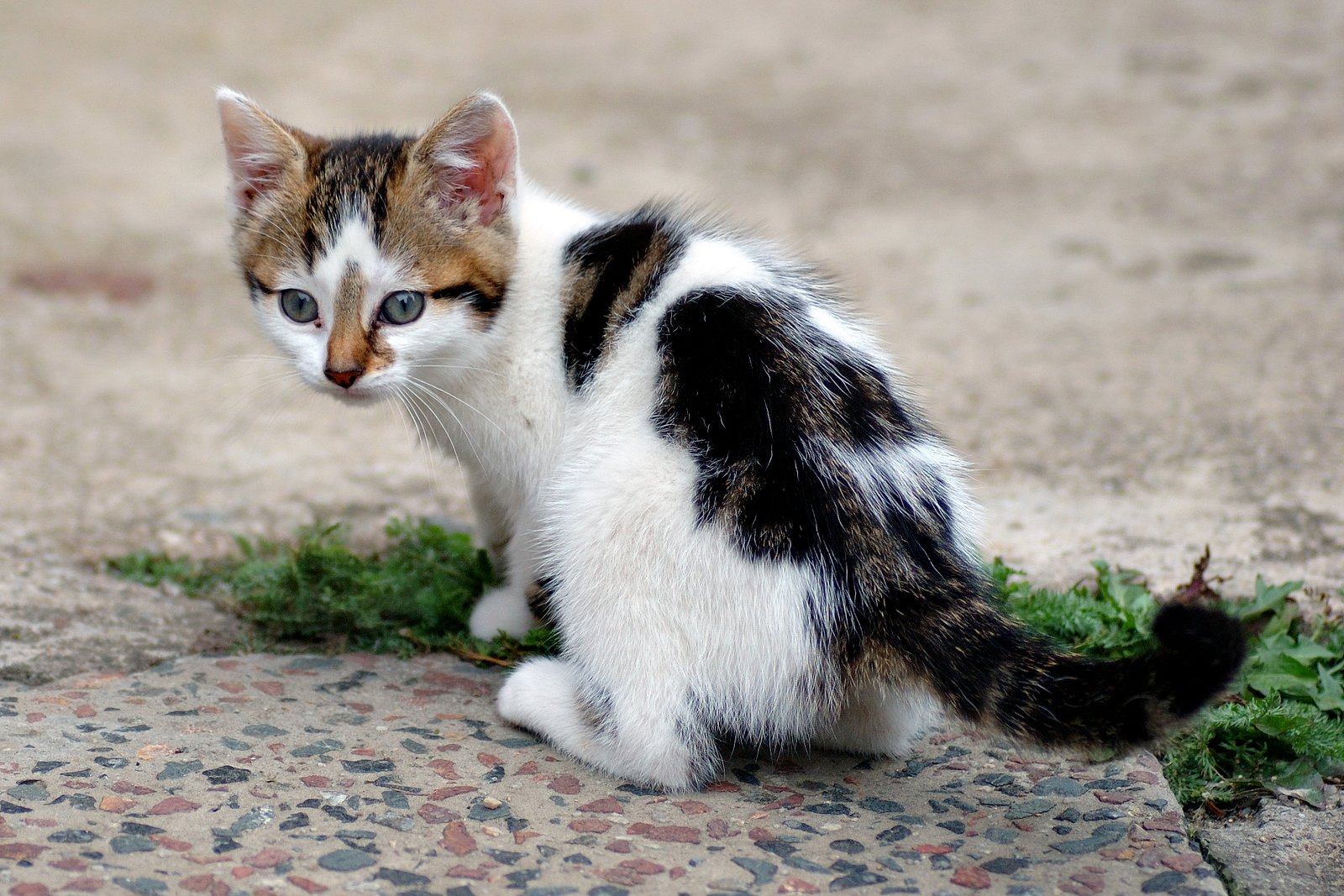
The unspoken rituals you share with your cat—morning feedings, evening play sessions, quiet moments together—are the threads that weave your relationship together. These routines become cherished traditions, unique to you and your feline friend. Through routine, you build a bond based on mutual respect and understanding. It’s a quieter, deeper kind of love—one that doesn’t always need to be expressed through hugs or kisses. And in the end, it’s this trust, earned over days and years, that makes your cat truly yours.
Hi, I’m Bola, a passionate writer and creative strategist with a knack for crafting compelling content that educates, inspires, and connects. Over the years, I’ve honed my skills across various writing fields, including content creation, copywriting, online course development, and video scriptwriting.
When I’m not at my desk, you’ll find me exploring new ideas, reading books, or brainstorming creative ways to solve challenges. I believe that words have the power to transform, and I’m here to help you leverage that power for success.
Thanks for stopping by, Keep coming to this website to checkout new articles form me. You’d always love it!






